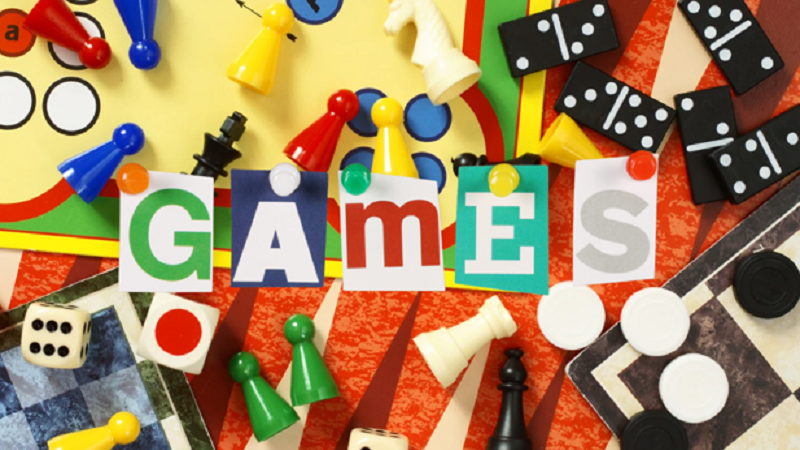Games have walked with man for centuries, evolving beside his cultures, technologies, and habits of playing from carved boards found in old temples to vast digital worlds inside a pocket.
They speak much about how people relate, compete against one another, or create something together. More than simple pastimes, they reflect values, record traditions, and change with the possibilities of every new age.
Ancient and traditional games
People played games long before video screens or even the concept of online slots. In fact, games were a part of daily life and cultural identity. Archaeology has uncovered the Game of Ur in Mesopotamia and Senet in Egypt, both over 5,000 years old, often connected to religious symbolism or beliefs relating to the afterlife.
In Asia, Go evolved as a test of strategic thinking while Japan’s Shogi found patronage under the Tokugawa shogunate in the 17th century. China’s Xiangqi, or Chinese chess, built its own rich tradition of associations and competitive play around it. Entertainment was not merely entertainment; these classics were cultural touchstones handed down across generations.
The evolution of board games
They journeyed with time and change making their way across continents and classes. Games refined in 15th-century Spain and Italy later blossomed into an organized global pursuit with codified rules and formal tournaments, e.g., the World Chess Championship first held in 1886. Scrabble invented in the mid-twentieth century transformed vocabulary into competition; Risk appealed to lovers of grand strategy.
From John F. Kennedy to Henry Kissinger, famous public figures were work-absorbing players clearly defining masses’ attraction from the most intellectual to the most common; by late twentieth-century Settlers of Catan, Carcassonne, and other Eurogames rearranged tabletops with their stress on a balanced strategy, social aspect, and replay value, modern design reflecting that ancient social game ethos updated for a modern world.
The birth and rise of video games
It began humbly in the labs of researchers during the 50s and 60s with programs such as “OXO”, a mere tic-tac-toe simulation, or “Tennis for Two,” created to amuse guests while demonstrating what computers could do. Spacewar! took another step forward in 1962 by introducing competitive play between multiple users.
The late 1970s through early 1980s would bring about the golden age for arcades, drawing players into neon-lit social spaces with games like Space Invaders and Pac-Man. Those first titles initiated a cultural transformation of gaming from an individual activity to a shared social experience.
Later technological advancements made playing at home on consoles, PCs, and eventually mobile devices possible, spreading the phenomenon among billions and creating an industry of staggering size.
Iconic titles that shaped gaming
Some titles escaped the confines of their consoles to become cultural works. In 1984, within the Soviet Union, there emerged a simple yet gripping falling-block puzzle game known as Tetris which soon defined success on the Game Boy and sold over 35 million copies.
Playful maze chases in Pac-Man, creative narratives sprawling across lands in Final Fantasy, and high-speed feats in Sonic the Hedgehog, these offered something for everyone in an age defined by them all.
Today, they have eSports darlings performing before live crowds that almost matched those at more traditional sporting events. Games, they are far more than simple amusement. They design, influence, inspire artistry and create community across continents.
Cultural legacy and social influence
Games have always been a reflection of the society that created them. Just as Valiant Hearts: The Great War, a game of vivid emotion-educational experience based on real events proves possible through play, so too does the merging of physical and digital realms demonstrate that while forms may change, cultural heritage remains intact.
A cheerful bout of Catan to pass the rainy evening shares exactly the same spirit as an ancient board gathering , different mechanics, but driven by timelessness to play. It’s worth wondering which of today’s titles will be remembered as the “classics” of tomorrow.
To sum up
The history of popular games has its origin in ancient stones carved with playing grids and extends to huge digital worlds with millions of inhabitants. In this journey, games have amused, instructed, and joined people in somewhat familiar ways and entirely new manners.
Be it the silent complexity of Go, the precise tactics of today’s Eurogames, or the engaging environments of modern video games, they continue to be a part of human existence , changing with our implements, mirroring our societies, and showing that fun in playing is as old as society itself.

